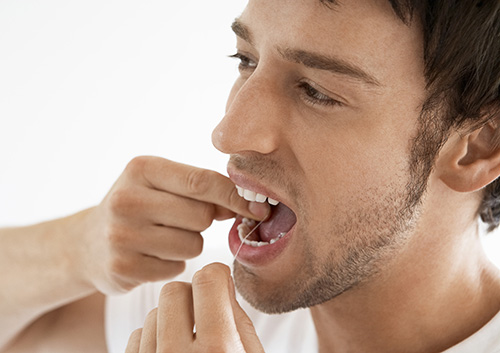What exactly is a root canal?
July 26th, 2023

Hearing that you need a root canal can be highly intimidating. What is a root canal? It is the removal of the nerve supply from the tooth. Here, Dr. Cynthia Stephenson will describe the parts of a tooth and explain the reasons for a root canal and how it is done when you visit us in our Walnut Creek, California office.
Your tooth is made up of many layers. The outside layer is called enamel and is made of minerals. The middle layer is dentin, which is also a calcified tissue, but less dense. The center of the tooth is called the pulp, and that hosts the nerves and blood vessels. A root canal is the removal and replacement of this center with a sterile filling.
A root canal is needed when an infection spreads to the center of the tooth. This can be from trauma (recent or previous), a cavity, a severe crack, or other compromise that causes nerve damage. An X-ray and examination are required to see if a root canal is needed. Symptoms may include but are not limited to pain, swelling, change in tooth color, and over-reaction to temperature change or pressure.
When it is time to begin, you’ll receive local anesthesia (via injection) to make you most comfortable. A rubber dam is used to isolate the tooth, while other equipment determines the nerve location and maintains a sterile working environment. All of the infected area is removed including the nerve tissue and blood vessels. Then, medicines are used to sterilize and alleviate any pain. Next is the placement of a filling material in the spot where the nerve used to be.
When your nerve and blood supply are taken away, the tooth is non-vital, or dead, and can become weak and fragile. If your tooth is badly decayed, a large portion of it will have to be removed. It is recommended to place a crown on the tooth to keep the enamel from breaking or falling apart. If you do not get a crown, you could eventually lose the tooth to more decay or infection. The tooth could also break off completely and you would have to have an extraction. The crown fits over the top of the tooth and secures it from breaking down.
A root canal saves the life of a tooth that would otherwise succumb to further infection and eventually extraction. Infection is the cause of most-needed root canals. If you are ever unsure what is happening at your appointment, don’t be afraid to ask questions so you understand the procedure completely.





